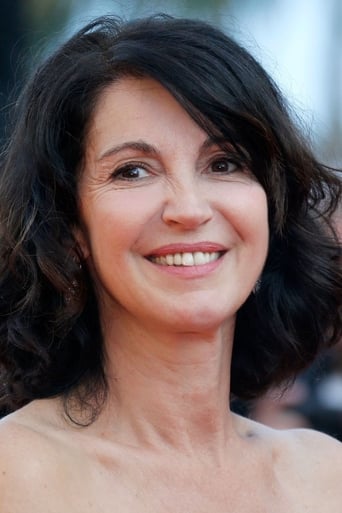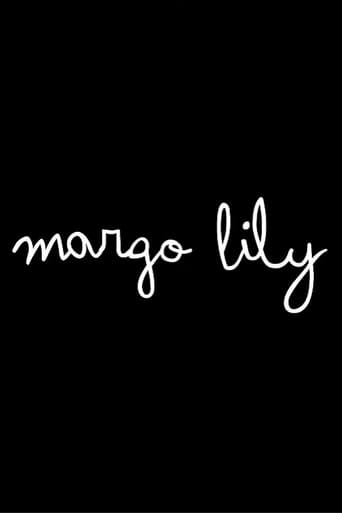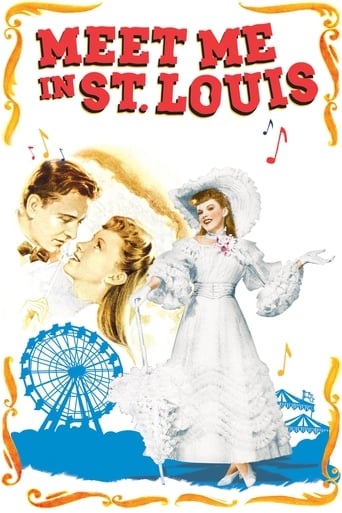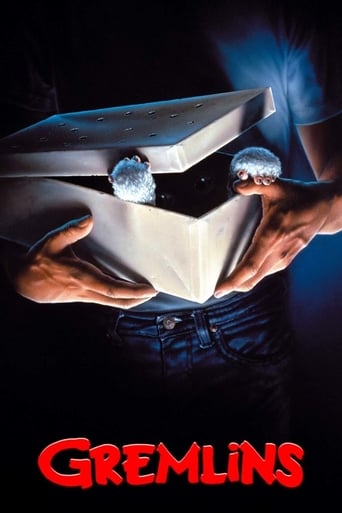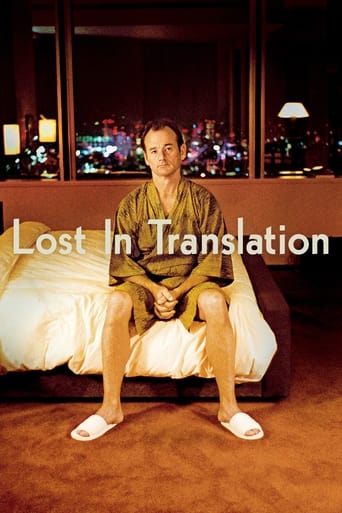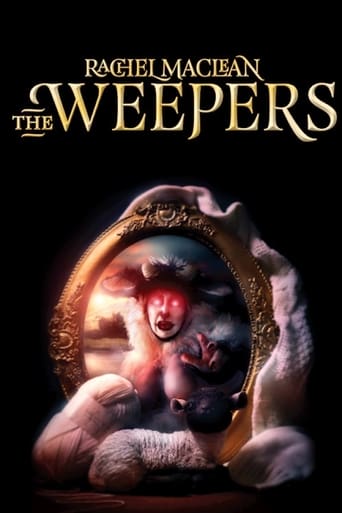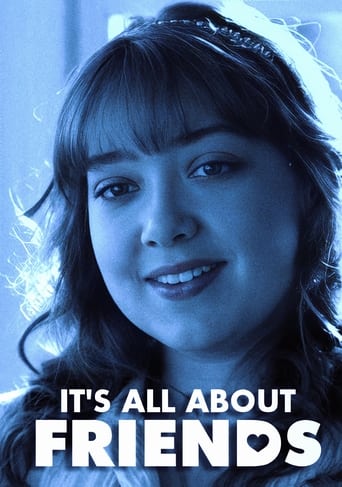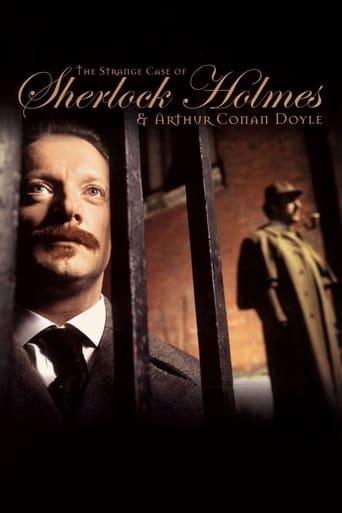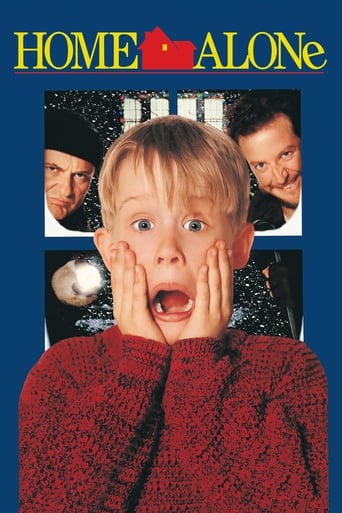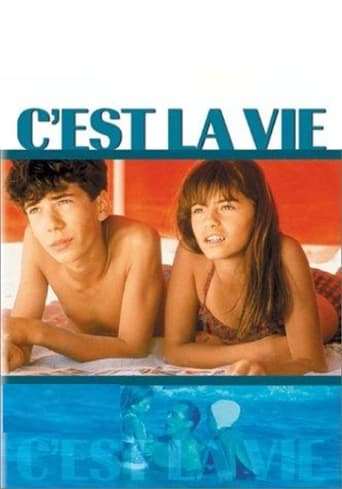
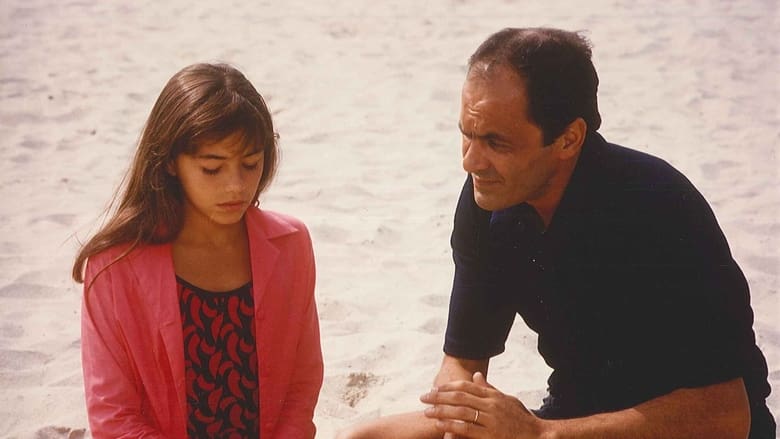
C'est La Vie (1990)
A story is about young teenage girl, with sister and brothers, a pleasant uncle and aunt, an annoying nanny, a young boy interested in kissing her, a close relationship with the imaginary addressee of her daily diary and her parents' disintegrating marriage - all this in a rented house in a summer resort.
Watch Trailer
Cast


Similar titles
Reviews
Brilliant and touching
Go in cold, and you're likely to emerge with your blood boiling. This has to be seen to be believed.
Not sure how, but this is easily one of the best movies all summer. Multiple levels of funny, never takes itself seriously, super colorful, and creative.
Strong acting helps the film overcome an uncertain premise and create characters that hold our attention absolutely.
I borrowed La Baule-les Pins from the library at l'Alliance Francaise de la Chicago. I watched it without subtitles first then rewatched it with subtitles. I rewatched several chapters repeatedly as not to miss a thing. La Baule-les Pins in is Brittany, one of the most beautiful provences in France if it is possible to call one provence more beautiful than another. Obviously, the village is on the Atlantic Ocean. I watched the village as much as the story! I would roughly compare the film to Revolutionary Road or Far From Heaven as both films highlight the struggles of women in the 50s. This film depicts a family that goes through a divorce in 1958. At the time the few people that spoke openly about divorce. And as for telling a child what is going on? Out of the question. Things were pretty much on a don't ask, don't tell basis. No one discussed family crisis outside of the family. If it was discussed within the family it was a war, not a discussion. If there were conflict resolution mediators I had never heard about them because no one would say they were engaged in managing a family crisis! Aside from several parts of the film which are quite obvious I noted one bit of French tradition I detest. So many French people abandon their pets when it's vacation time. If you aren't French you might not understand the tragedy here. Several French animal welfare groups are trying to educate the public not to do this. Part of the film those who lived through war know well. The mother & her sister are not really sisters. They had lost parents during WWII. They were a blended family. They made very lovely sisters. In conclusion I am giving this spoiler. The doll is very symbolic in this film. Notice how it is treated in the very beginning of the film compared to the end. How does the little girl's feeling's change from beginning to end? The children were very good actors. I loved all the characters. The story is rich. The sets cannot be better; lovely houses, gardens, the beach, and there were oyster farms. You have to have an eye to catch the oyster farms! This movie has everything I love about film; drama, rich characters, beauty, history, traditions both good & bad, and France.
At first, I thought this was a sequel to Entre Nous. Many of the same people who made one film made another, they are supposedly written by and about the same people and the character names are repeated. However, those playing the roles are NOT the same (although Jean-Pierre Bacri stars in BOTH films but plays totally different roles). Because of this, some viewers might be VERY disappointed. It reminded me of the movie A Christmas Story. There was a little-known sequel named Ollie Hopnoodle's Haven of Bliss that had NONE of the original characters or charm--and because of this it was soon forgotten. Now the only difference I see is that both these French films are about equally good. Apart from the many differences mentioned above, this film doesn't seem to have a negative view of men (in Entre Nous, the male leads were all Neanderthals), but portrays the mother in the story as a self-absorbed woman whose kids seemed to be an afterthought--her new boy-toy was about 90% of her focus. Because of this, individuals who watch this film AND have issues with a neglecting mother should think twice before watching--you MAY find this film kicks up a lot of feelings.
I have seen this movie on the German TV yesterday with the title: "A summer at the sea" and I was deeply impressed.Despite that it was produced in 1990, the theme is more up-to-date than ever. Excellent actors of all ages performed very well indeed, a great story, some romantic spots and lovely music will make you thinking about the relationship of children to their parents, their pain and childish emotions which often get hurt.This story could happen today, next month or the following year, next door of you or at any other location or country. So you will get nothing NEW out of that movie but the sad reality of daily life in the eyes of children whose parents can't behave.I only can highly recommend this movie - buy the DVD and you will enjoy it definitively more than just one time.
This was the fifth of the nine films Diane Kurys has so far directed and the third of three (Diabolo Menthe, Coup de Foudre being the others) that deal with her own experiences in childhood and adolescence. In the second film, Coup de Foudre, the character based on Kury's own mother and fictionalised as Lena was played by Isabelle Huppert whilst here Nathalie Baye assumes the role opposite Richard Berry as husband/father Michel. The action has moved on from the war and post-war years in Lyon (Kury's own home town) to the late 1950s when thirteen year old Frederique (Julie Bataille), the closest character to the young Kurys herself and her eight year old sister Sophie are taken by their Nanny Odette (Valeria Bruni-Tedeschi) to the seaside for the summer vacation. A pre-credit sequence reveals to us the gulf (explored first in Coup de Foudre) that now exists between the parents and which the sisters are perhaps subconsciously aware. At the last minute - literally at the railway station itself - they realize that Lena will not accompany them. Once established at the resort they take out their frustration on Odette as a ploy to force their mother to join them but when she does so she spends more time with a lover Claude (Vincent Lindon) than with them. Also on hand are Leon (Jean-Pierre Bacri and the highly fertile Bella (Zabou) and when Michel shows up he deliberately destroys the car that symbolised Lena's independence and engages in a verbal and physical quarrel with Lena that is so intense that Frederique threatens to kill herself with a shard of glass broken during their fighting. This is an outstanding film in which the pain of adolescence is once-removed through the filter of nostalgia and replete with the tiny 'touches' - popular songs of the day, etc - that we use as signposts to lead us back into the past. Fifteen years on it's fascinating to see the younger versions of six exceptional French actors two of whom (Zabou with Se Souvenirs des belles chooses, and Bruni-Tedeschi with Il est plus facile pour un chameau ...) would go on to direct outstanding films themselves. I can't recommend this one highly enough.




